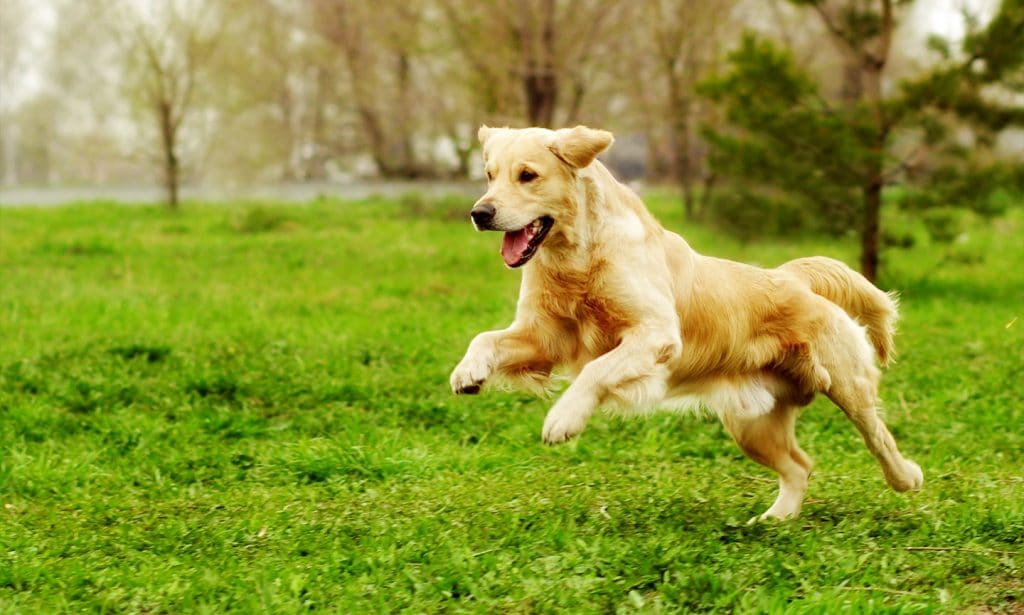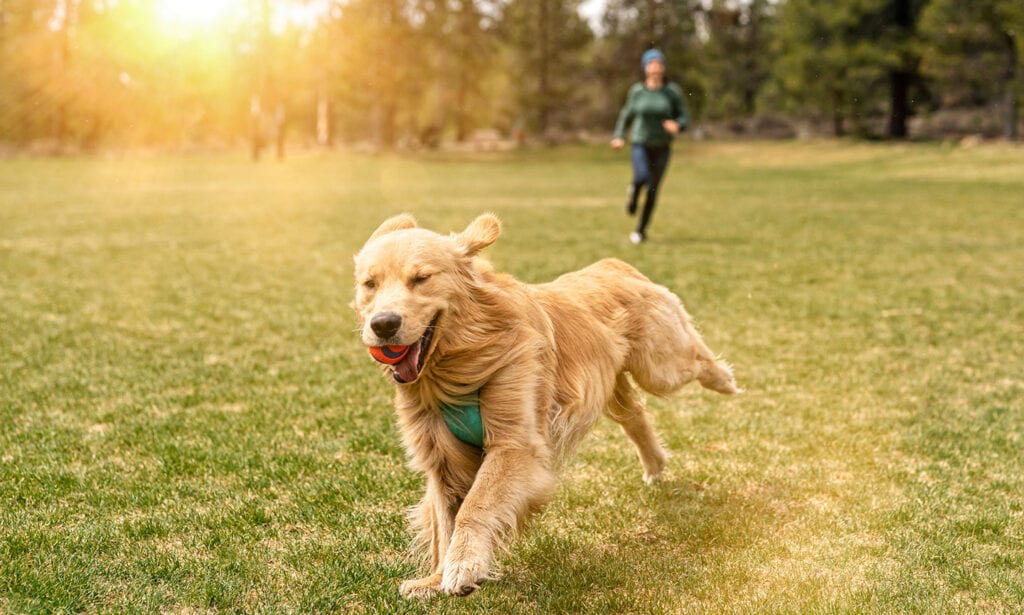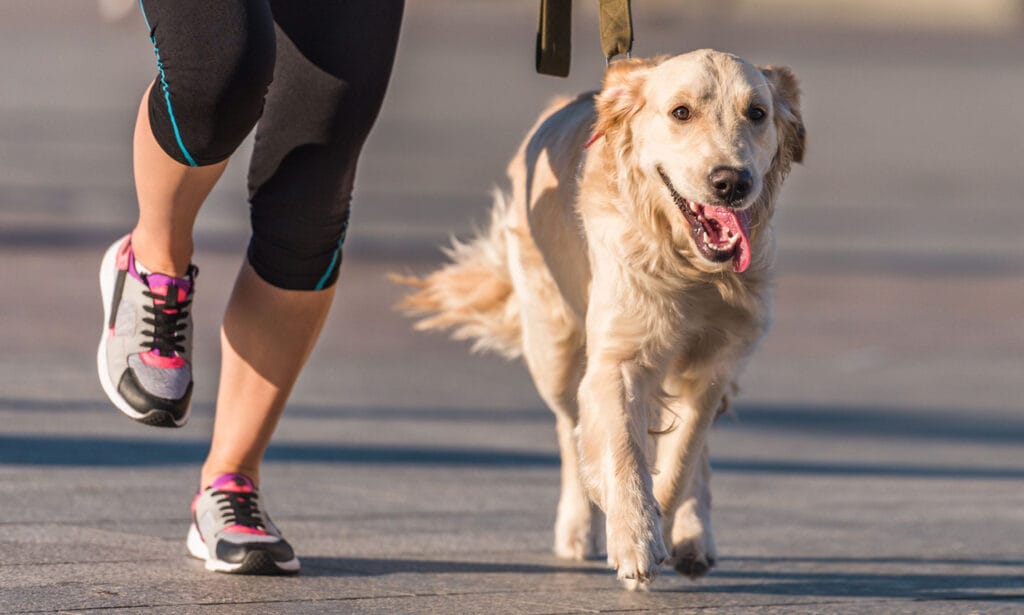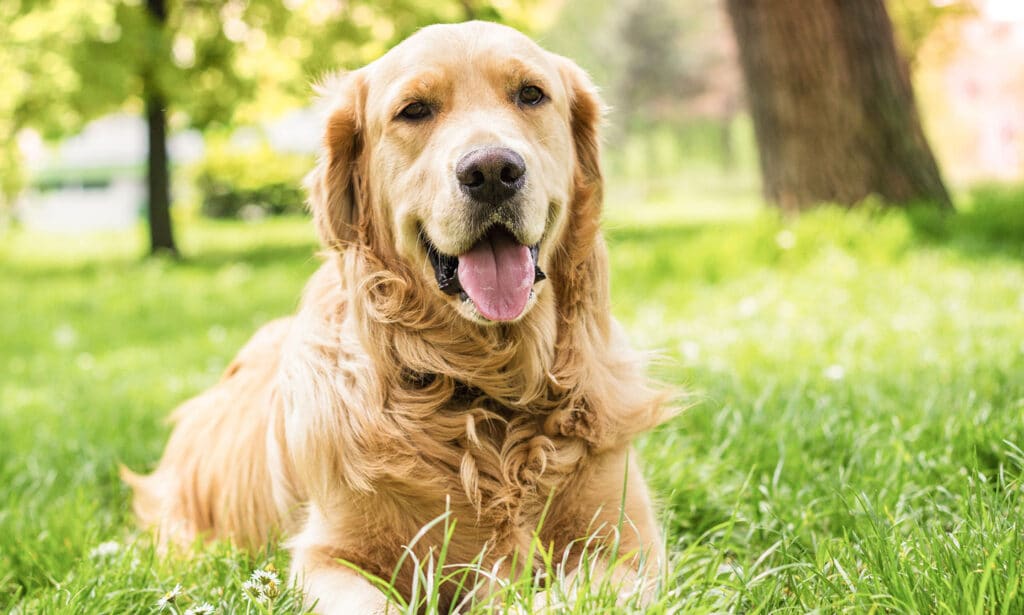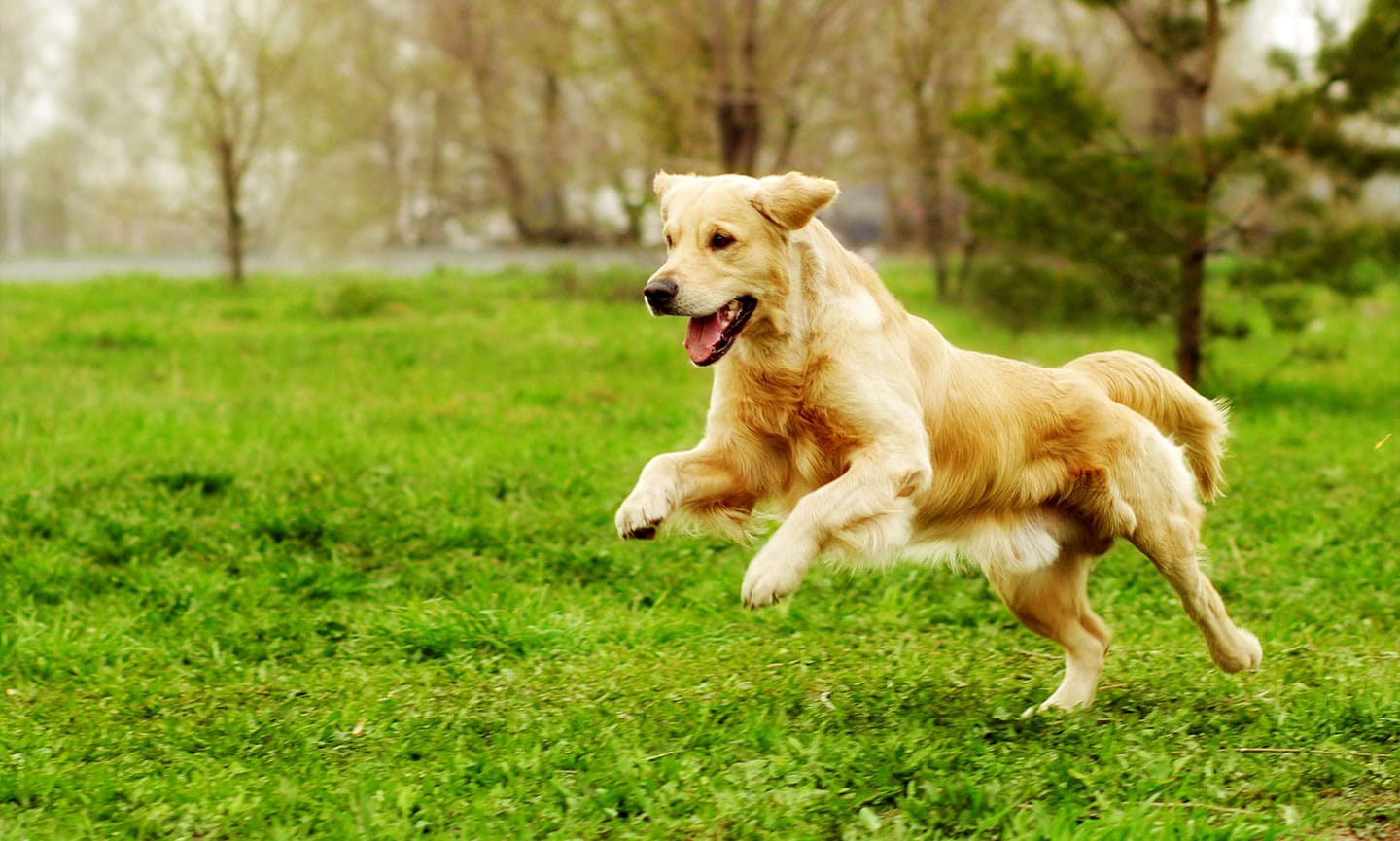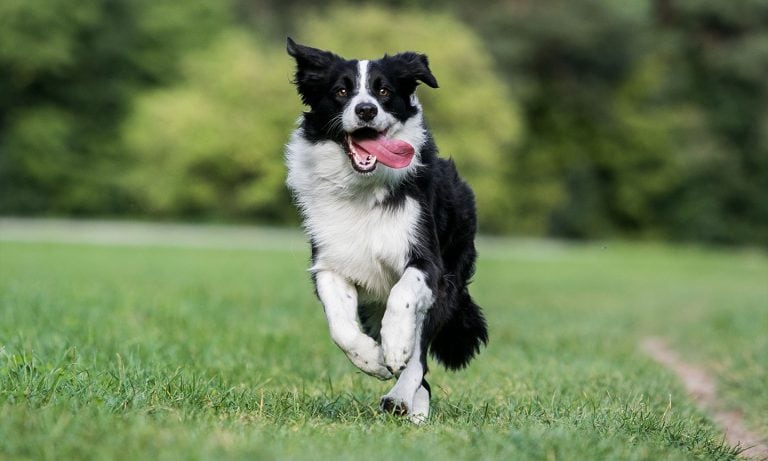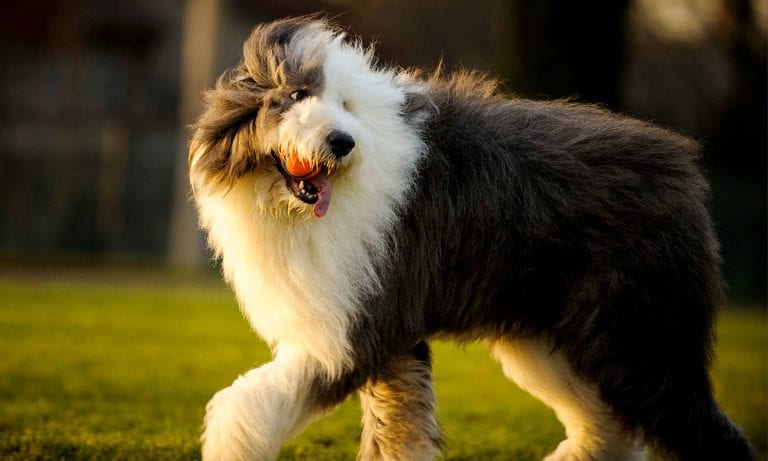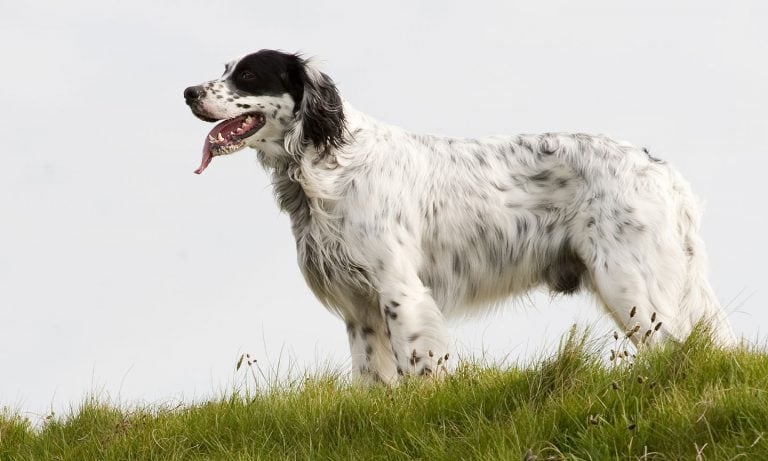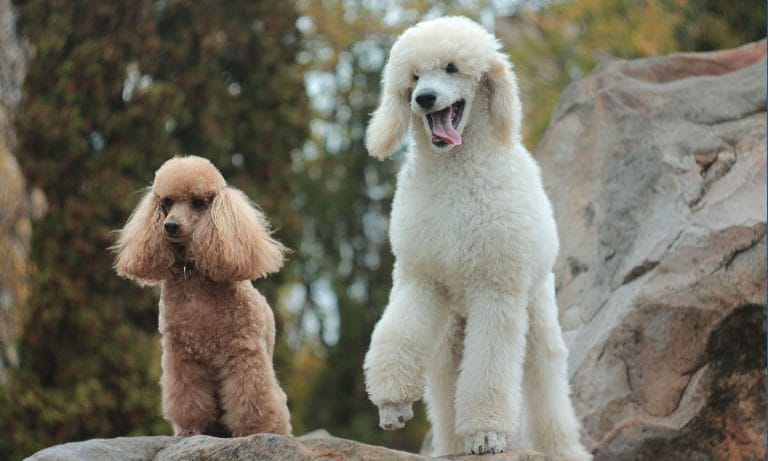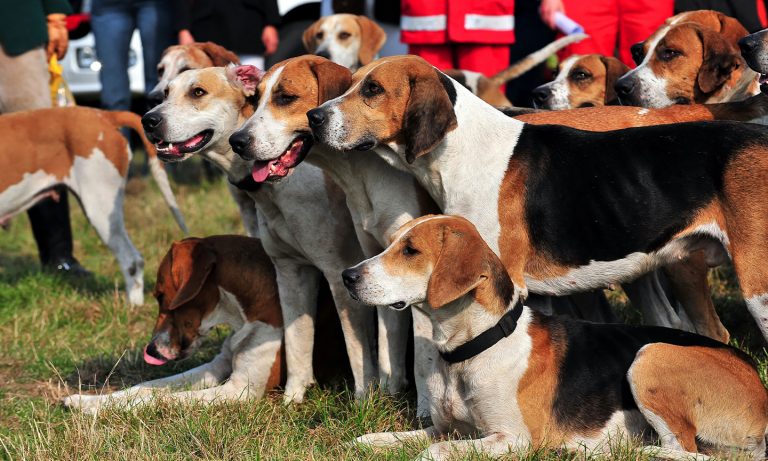Golden Retrievers are one of the most popular dog breeds, and it’s easy to see why. These high-energy, social butterflies enjoy being the center of attention and love their humans as much as they love to fetch. They’re also intelligent, albeit a bit cheeky. You can always count on a Golden Retriever to be the life of the party.
Breed Snapshot
Temperament:
Social ButterflyQuick-LearnerAdventurousCoat Color:
Dark GoldenGoldenLight Golden
Best For
Golden Retrievers, known for their friendly disposition, thrive on companionship and exercise. Intelligent and adaptable, these loyal dogs make ideal family pets for those who can provide lots of love and mental stimulation.
Golden Retriever Temperament
The Golden Retriever personality is naturally outgoing and eager to please. Although individual personalities can vary, most Goldens love people and social outings, thriving in homes with lively environments.
Generally, Goldens are born to mingle and see everyone as a potential new best friend. Whenever they meet someone new, they seem to say, “Hi! I am so glad we met. Do you have a ball to throw for me now that we’re friends?”
That friendly demeanor, coupled with their moderate weight and height, make Golden Retrievers excellent dogs for families with young children. However, not all Goldens are without challenges. When bringing a Golden home, cautiously introduce them to household members, especially smaller ones like children and cats, and be sure to teach small children how to behave and interact with dogs as well.
Goldens are also intelligent; they’re quick learners and easy to train. They were and are bred to be gundogs, retrieving waterfowl with their soft mouths, a characteristic that allows them to carry delicate items without applying excessive pressure. They often serve as guide dogs, therapy dogs and search-and-rescue dogs. For optimal health, Golden Retrievers need ample mental and physical exercise.
Keep in mind, though, that even the best-trained Goldens can be mischievous. So be prepared for occasional capers and learn to laugh with your dog as they “help” you unload the laundry basket.
How to Care for a Golden Retriever
As adaptable and easygoing as Golden Retrievers are, they’re not low-maintenance. They need daily exercise, regular brushing and training.
Golden Retriever Health
Golden Retrievers have a life expectancy of 10 to 12 years, but the Golden Retriever lifespan can vary greatly depending on many variables, such as weight, fitness level and illness. Some dogs can live to 14 without issue, while others can develop health problems well before that. The best thing you can do is follow preventative health protocols and know what those potential health problems are, so you can recognize and treat the signs quickly.
- Cancer: The biggest health issue for Goldens is cancer, with up to 65% of them dying of cancer-related causes. Two of the most common types of cancer seen in Golden Retrievers are lymphoma and hemangiosarcoma. Your vet will help determine the appropriate course of treatment if your pup is diagnosed with cancer. It might include chemotherapy, radiation therapy, surgery or palliative care/medications.
- Skin Infections and Allergies: The Golden Retriever breed’s thick undercoat can attract skin-irritating bacteria, resulting in rashes or hot spots. This can be further complicated by underlying seasonal or food allergies. If you notice your pet itching excessively or redness/rashes on their skin, please make an appointment with your veterinarian.
- Hip Dysplasia: Roughly 8.5% of Goldens have hip dysplasia, which is a deformity of the hip joint that occurs during puppyhood, resulting in looseness of the joint and eventually degenerative joint disease and arthritis. Treatment options may include joint supplements, medication, and in severe cases, surgery.
- Heart Conditions: They are also prone to certain heart conditions, like subaortic stenosis, which is a narrowing of the area just below the aortic valve (the valve where blood leaves the heart and travels to the rest of the body). This can sometimes be detected as an audible murmur during a veterinary exam. If a murmur is detected, your veterinarian will likely refer your pup to a veterinary cardiologist for an echocardiogram (ultrasound of the heart).
- Hypothyroidism: Low thyroid hormone production is a common condition in Golden Retrievers. Symptoms can include lethargy, hair loss and weight gain. If concerned, please see your veterinarian for blood tests. Treatment is typically a daily medication.
- Eye Conditions: Pigmentary uveitis is an inherited condition where cysts develop on the eye and can lead to cataracts and glaucoma. Progressive retinal atrophy (PRA) is another genetic eye condition that can lead to blindness. If your pup is having any issues with their eyes such as redness, cloudiness, bulging, squinting, pain or trouble seeing, please contact your veterinarian immediately.
Golden Retriever History
The Golden Retriever breed originated in the Scottish Highlands through the efforts of Dudley Marjoribanks, the first Lord Tweedmouth. Marjoribanks selectively bred different dog breeds to create an energetic pup who could retrieve objects from the water and on land.
Among the breeds that Marjoribanks used in his breeding program were the Yellow Retriever, Irish Setter, Bloodhound, and now-extinct Tweed Water Spaniel. He eventually developed a retriever with speed, agility and loyalty.
Goldens began arriving in the United States in the early 1900s and gained recognition from the AKC in 1925. Their popularity skyrocketed when President Gerald Ford had a Golden Retriever of his own named Liberty. Now, many organizations are dedicated to the breed, such as the Golden Retriever Club of America.
So, where is the best place to find Golden Retriever puppies? The American Kennel Club maintains a list of reputable Golden Retriever breeders. Expect to spend anywhere from $1,200 to $3,500 for a pup, depending on the breeder. When selecting a breeder, make sure they screen their dogs for health and temperament issues.
You can also reach out to Golden Retriever rescues to adopt a Golden, or keep an eye out for the breed at your local animal shelter. You can find a local shelter through Chewy’s network.
FAQs
Are Golden Retrievers hypoallergenic?
Golden Retrievers aren’t hypoallergenic, which means they are not the best dog breed for sensitive allergy-sufferers.
Are Golden Retrievers Labradors?
Golden Retrievers aren’t Labrador Retrievers, but they share a common ancestor in the St. John’s Water Dog, an extinct ancestor of the Tweed Water Spaniel. Goldens were originally bred in Scotland, while Labradors were bred in Newfoundland.
What are the different types of Golden Retrievers?
When researching Goldens you might come across a few marketing terms: English Cream, Canadian Goldens, American Goldens, etc. In reality, there are no true “types” of Golden Retrievers. All Golden Retrievers are simply Golden Retrievers, and variations in color and body composition are results of breeding for specific traits. Dogs who are bred for field work might be redder and leaner than those bred for the show ring, but beyond that there is little difference in types.
What are the most common Golden Retriever mixes?
- Golden Retriever-Poodle mix (Goldendoodle)
- Golden Retriever-German Shepherd mix (Golden Shepherd)
- Golden Retriever-Husky mix (Goberian)
- Golden Retriever-Labrador mix (Golden Labrador)
- Golden Retriever-Corgi mix (Golden Corgi)
- Golden Retriever-Bernese Mountain Dog mix (Golden Mountain Dog)
- Golden Retriever-Rottweiler mix (Golden Rottie Retriever)
- Golden Retriever-Dachshund mix (Golden Dox)
- Golden Retriever-Chihuahua mix (Golden Chi)
- Golden Retriever-Cocker Spaniel mix (Golden Cocker Retriever)
Note: These are not purebred dogs but mixed breeds.
What are the most popular Golden Retriever names?
The top names for a Golden Retriever include Luna, Daisy, Sadie, Lucy, Ellie, Cooper, Max, Tucker, Milo, Charlie, Leo and Murphy. These are the most popular names among Chewy customers who have Goldens. For more name inspiration, check out our dog name guide.

Top Takeaways
The Golden Retriever is a loving, loyal dog who makes a great family pet. Sure, they need a lot of exercise, attention and daily brushing to be at their happiest and give them the best chance of living well into their senior years. But it’s a small price to pay for their wonderful company.
Expert input provided by veterinarian Georgina Ushi Phillips, DVM, who writes the Not a Bully website, certified dog trainer Irith Bloom, CPDT-KSA, CBCC-KA, CDBC, owner of The Sophisticated Dog, and Linda Bell, Chair of the Golden Retriever Club of America’s Public Education Committee.
Breed characteristic ratings provided by veterinarian Dr. Sarah J. Wooten, DVM, CVJ, a veterinarian at Sheep Draw Veterinary Hospital in Greeley, Colorado; dog trainer and behavior consultant Irith Bloom, CPDT-KSA, CBCC-KA, CDBC, owner of The Sophisticated Dog, LLC, in Los Angeles; and certified animal behavior consultant Amy Shojai, CABC, in Sherman, Texas.
The health content was medically reviewed by Chewy vets.

Search for Adoptable Golden Retrievers Near You
Top Golden Retriever Names
These are the top Golden Retriever names as chosen by Chewy's pet parents!
Female Names
- Luna
- Daisy
- Lucy
- Bailey
- Maggie
- Sadie
- Bella
- Ellie
- Willow
- Nala
Male Names
- Cooper
- Tucker
- Charlie
- Murphy
- Finn
- Max
- Milo
- Leo
- Oliver
- Buddy
Share:
